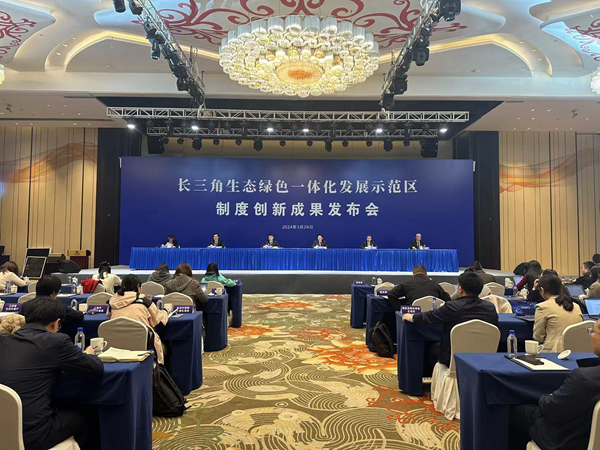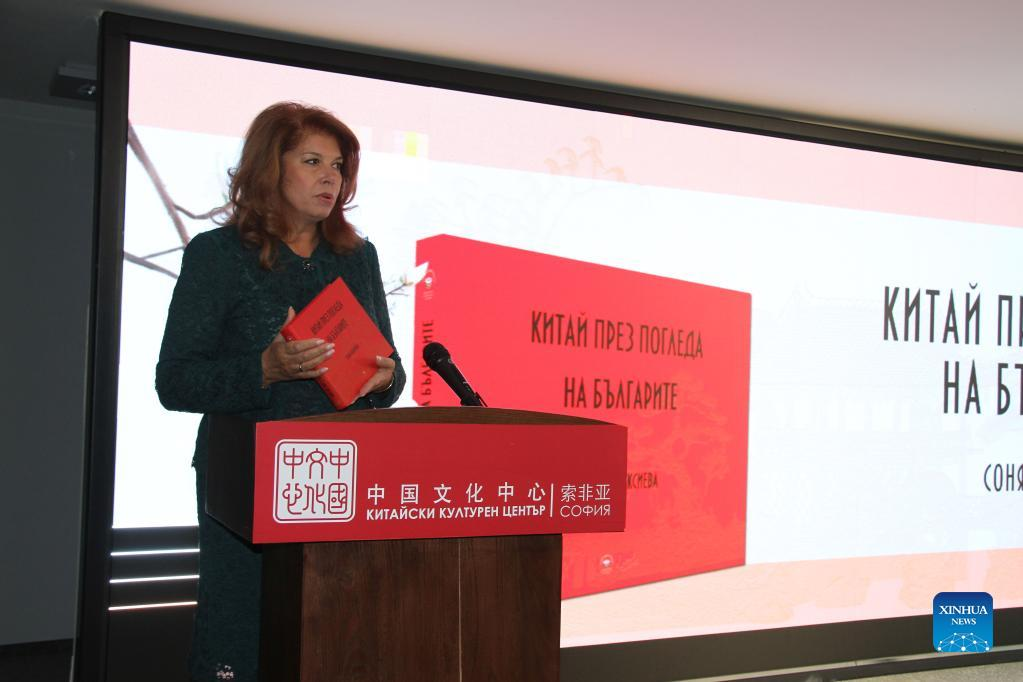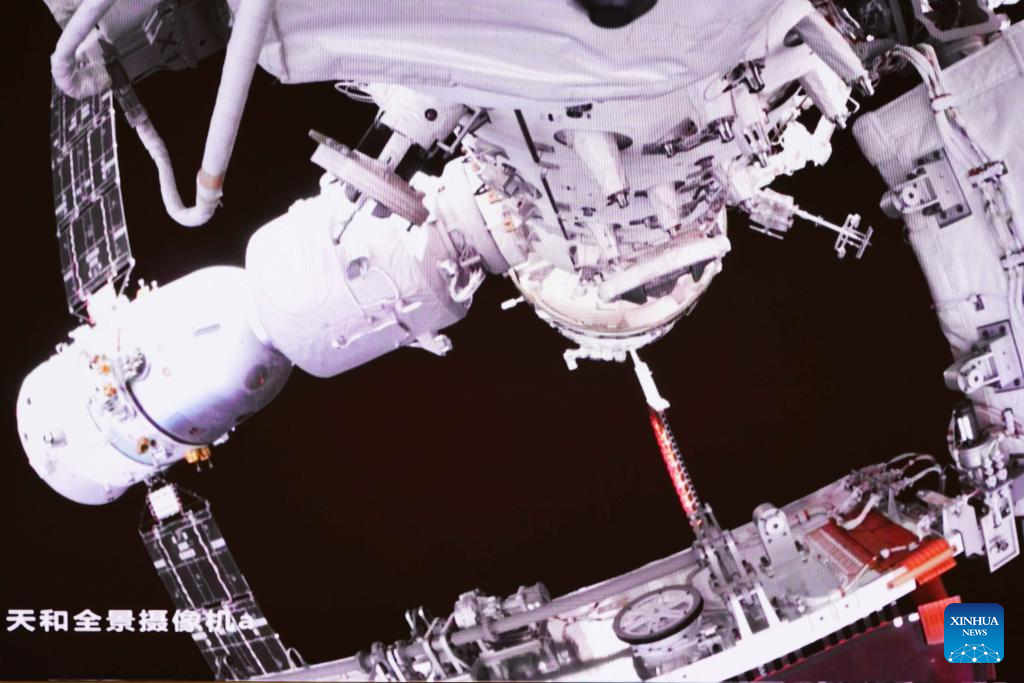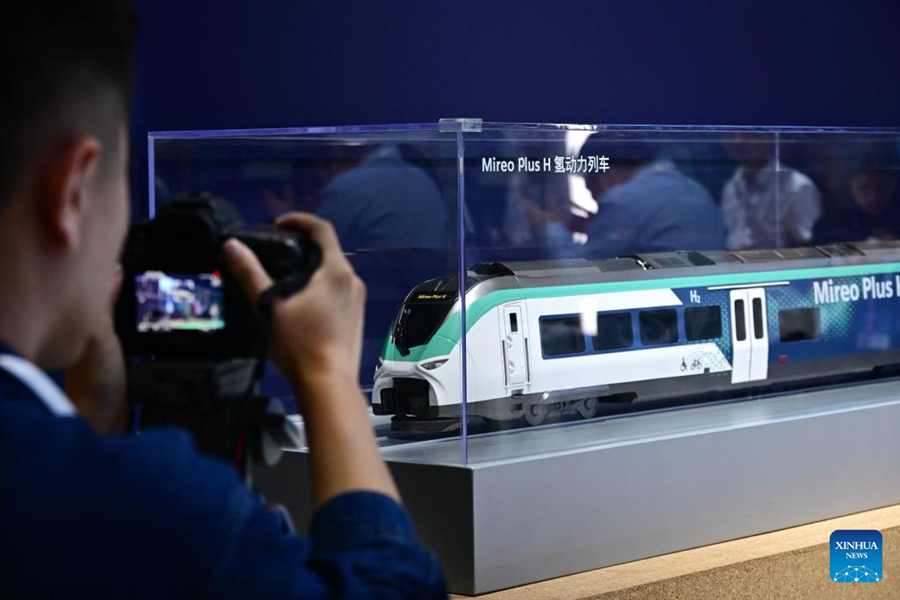
The Yangtze River Delta Integration Demonstration Zone held a press conference on March 28, announcing four institutional innovations in ecological and environmental co-governance piloted by the zone.
The demonstration zone encompasses Qingpu District in Shanghai, Wujiang District in Suzhou, Jiangsu Province, and Jiashan County in Jiaxing, Zhejiang Province.
These four ecological and environmental innovations include a unified admittance system across the zone, a unified quantitative quality assessment, joint decision-making, conservation and management regarding transboundary drinking water sources, and collaborative efforts for the monitoring, governance and development of key transboundary water bodies.
These innovations resulted from four years of exploring solutions to common problems and key barriers in ecological governance, achieving notable progress from their implementation.
The cross-regional admittance system catalogs 30 items in three categories - supported, guided and restricted – serving as a key reference for departments, enterprises and institutions in policymaking, planning, development and project construction. This framework fundamentally strengthens environmental protection, stimulates eco-friendly growth, and enhances modern governance practices. For instance, the average time and cost needed for the environmental assessment have been reduced by 65% and 55%, respectively, with approval time dropping by 72%.
The quantitative assessment with a series of indicators was developed after a comprehensive and thorough survey of the ecological and environmental health status during the period from 2011 to 2020.
In the third institutional innovation, Shanghai and Zhejiang cooperated in 2022 to identify drinking water sources eligible for joint decision-making, conservation and management. This collaboration covers protection, management, monitoring, information sharing, emergency response, ecological compensation, and combating environmental violations. Priorities are given to water quality early warning and monitoring, emergency response capacity, and the establishment of a long-term co-governance system.
In the fourth innovation, the zone focuses on major issues of key water bodies under various administrations, with the aims of coordinating efforts in industrial investment and layout, and promoting integrated governance of transboundary lakes and rivers.




















